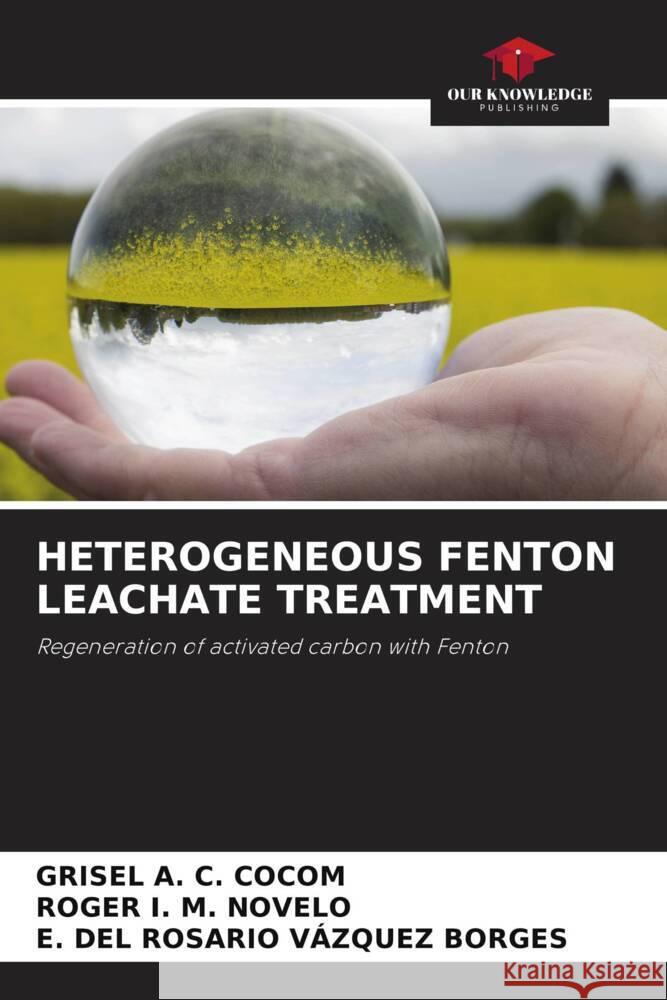HETEROGENEOUS FENTON LEACHATE TREATMENT » książka
HETEROGENEOUS FENTON LEACHATE TREATMENT
ISBN-13: 9786203801187 / Angielski / Miękka / 60 str.
The high rates of population growth worldwide represent one of the most important environmental problems, because natural resources are consumed rapidly and on a large scale in order to satisfy the current lifestyle. Globally, the most common way to dispose of solid waste generated by people is the landfill. The capacity of the landfill will determine its useful life, which in turn will influence the type of leachate generated. Leachate from landfills is generated by the release of waste water, the decomposition of waste, and by the percolation of rainfall through the solid waste strata. One of the most important methods currently used to treat leachate is an advanced oxidation process known as Fenton, which consists of adding hydrogen peroxide using catalysts such as iron salts. The aim of this work is to determine the efficiency and adsorption capacity of activated carbon in a leachate treatment using the heterogeneous Fenton process in a continuous flow reactor.The high rates of population growth worldwide represent one of the most important environmental problems, because natural resources are consumed rapidly and on a large scale in order to satisfy the current lifestyle. Globally, the most common way to dispose of solid waste generated by people is the landfill. The capacity of the landfill will determine its useful life, which in turn will influence the type of leachate generated. Leachate from landfills is generated by the release of waste water, the decomposition of waste, and by the percolation of rainfall through the solid waste strata. One of the most important methods currently used to treat leachate is an advanced oxidation process known as Fenton, which consists of adding hydrogen peroxide using catalysts such as iron salts. The aim of this work is to determine the efficiency and adsorption capacity of activated carbon in a leachate treatment using the heterogeneous Fenton process in a continuous flow reactor.











